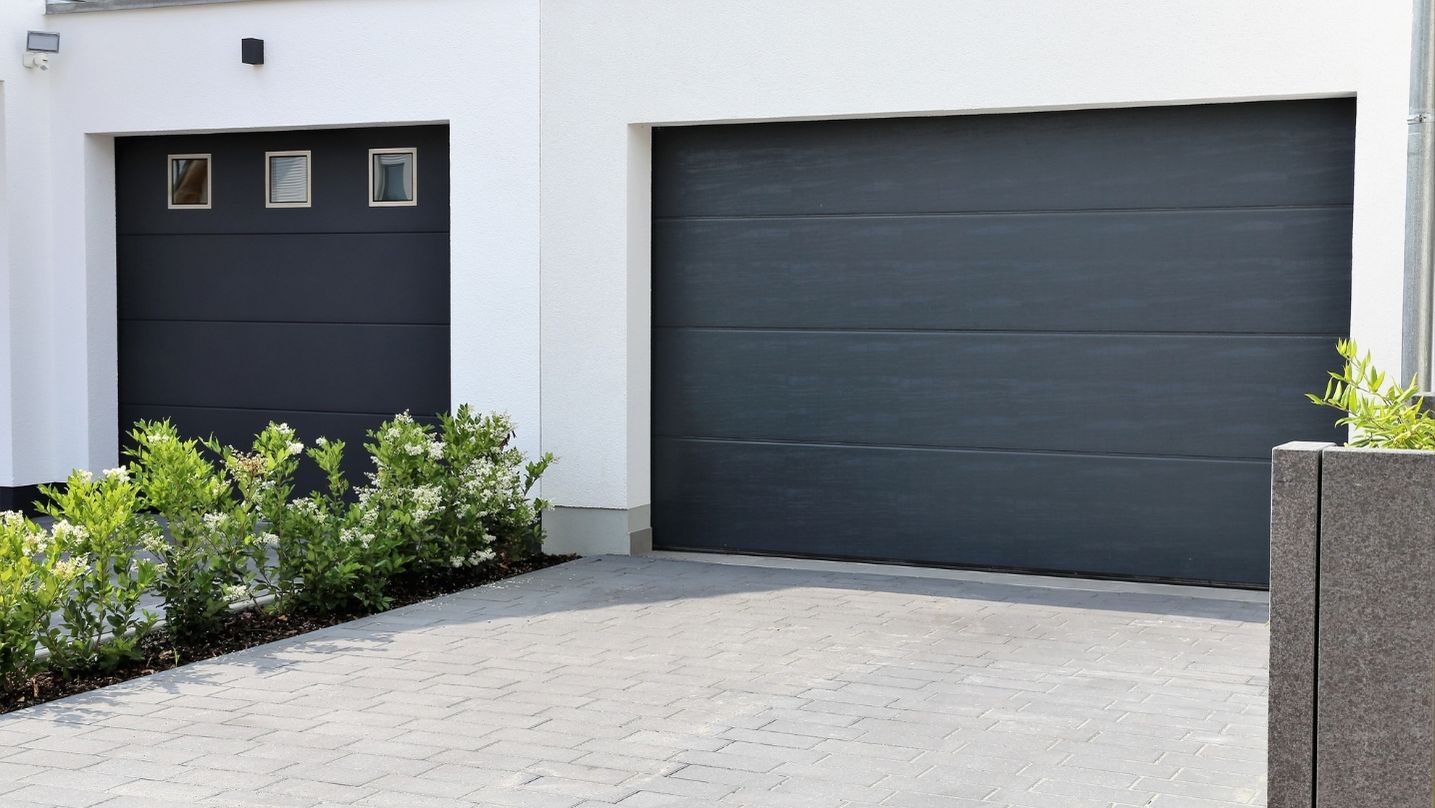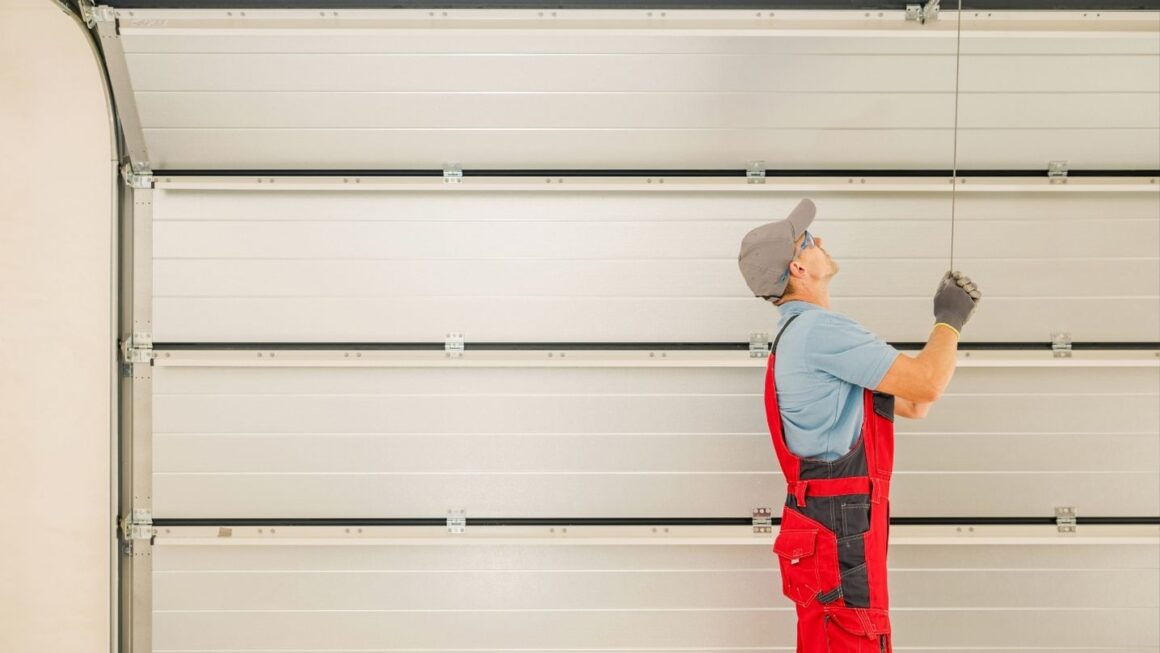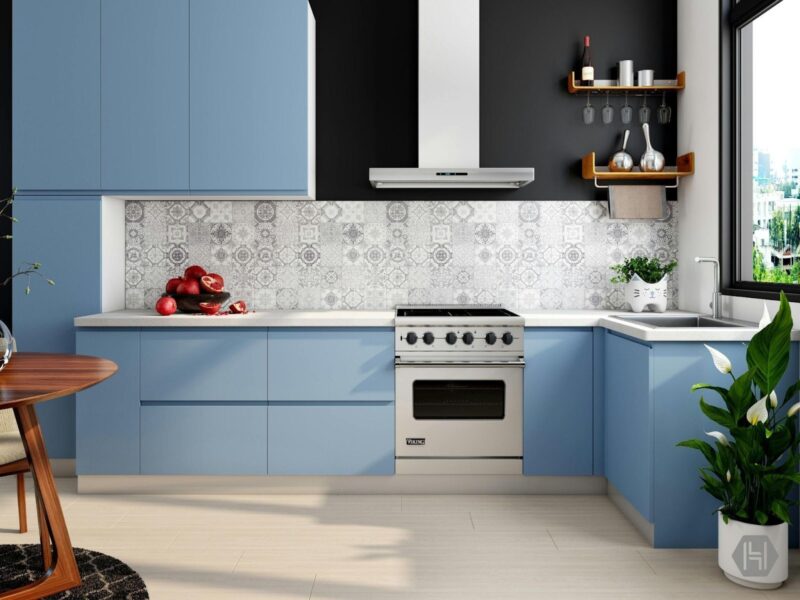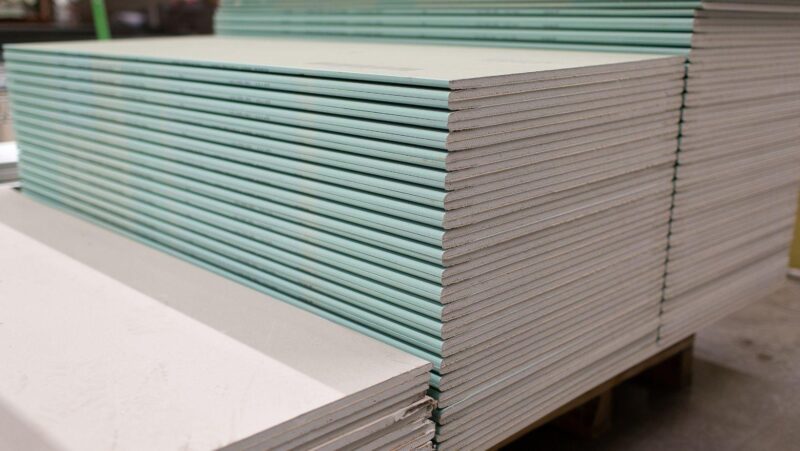
A squeaky garage door is a common issue many homeowners face, but its source isn’t always immediately obvious. While it might seem like a minor annoyance, those squeaks could be telling you something more important about the condition of your garage door. From simple lubrication problems to more serious mechanical failures, understanding what’s behind the noise can help you address the issue before it escalates.
In this article, we’ll break down the most common causes of squeaky garage doors, how to diagnose the problem, and the steps you can take to restore quiet operation. We’ll also explore why enlisting the right professional is crucial for proper repairs and maintenance.
The Importance of Hiring a Professional
While many garage door issues can be handled with DIY methods, there are times when calling in an expert is the best course of action. If you’re unsure about how to properly diagnose the problem or if you lack the tools and expertise to make repairs safely, it’s wise to enlist the help of a professional.

For example, when you need reliable garage opener repairs in Wisconsin to fix common issues and keep things running smoothly, it’s smart to choose a local service that understands the unique needs of your area. If you live in the Milwaukee metro, a local choice like garage door repair in West Allis is a great example—offering expert service right in your neighborhood, with the tools and experience to make repairs efficient and long-lasting.
Common Causes of Squeaky Garage Doors
A squeak is essentially a sound of friction or movement between parts that weren’t meant to rub together in that way. If you hear a high-pitched squeal or groaning sound when opening or closing your garage door, it’s a sign that something’s not quite right. Here are a few of the most common causes:
1. Lack of Lubrication
The most frequent cause of squeaky garage doors is a lack of lubrication. Over time, the metal parts of the garage door—such as the rollers, hinges, and tracks—can become dry, leading to friction that produces unwanted noise. This is particularly common in older garage doors or doors that haven’t been maintained regularly.
The good news is that a simple application of garage door lubricant can solve this issue. However, it’s important to use the right type of lubricant. Some people make the mistake of using WD-40, which can actually strip away any existing lubrication. Instead, use a silicone-based or lithium grease product, which is specifically designed for garage doors.
When you need reliable garage opener repairs in Wisconsin to fix common issues and keep things running smoothly, it’s smart to choose a local service that understands the unique needs of your area.
2. Worn-out Rollers and Hinges
The rollers and hinges of your garage door are crucial in ensuring smooth movement. Over time, these components can wear out and become less efficient, causing the door to operate with more resistance. This increased friction can often result in squeaking sounds as the door opens or closes.
If the rollers are cracked or the hinges are loose, the problem may not be solvable with lubrication alone. You may need to replace these parts to restore smooth operation. Regular inspection of these components can help you identify wear before it leads to a larger issue.
3. Misalignment of Tracks
Another potential cause of a squeaky garage door is misalignment of the tracks. If the tracks that guide the rollers become bent or off-track, the door will have to work harder to move along the tracks, leading to friction and noise. This issue is often more serious because misalignment can cause additional wear on the door components and, in some cases, may lead to a total malfunction.
Misaligned tracks should be addressed as soon as possible to avoid further damage. If you notice your garage door is rubbing against the tracks or struggling to move smoothly, it’s essential to realign the tracks or have a professional inspect the system.
4. Loose or Damaged Hardware
Over time, the nuts, bolts, and screws that hold your garage door together can loosen. When this happens, parts like the door panels, springs, and tracks can shift, creating unwanted friction and squeaking noises. In some cases, the hardware may even become so loose that it causes a dangerous failure of the system.
You can check for loose hardware by inspecting the door for any visible gaps or signs of movement when the door is in operation. Tightening any loose bolts or replacing damaged parts will eliminate squeaks and keep the door operating smoothly.
5. Weather-related Expansion or Contraction
Extreme weather can also contribute to squeaky garage doors. Temperature fluctuations can cause the metal parts of the door to expand and contract, which can lead to slight misalignments. When this happens, it’s not uncommon for the door to squeak as it opens and closes.
This issue usually resolves itself once the temperature stabilizes, but in some cases, you might need to adjust certain components or apply lubrication to restore smooth operation.
How to Diagnose a Squeaky Garage Door
If you’ve noticed a squeak in your garage door, the first step is to perform a basic inspection. Here’s what you should look for:
- Visual Inspection: Check for any visible wear on the rollers, hinges, or tracks. Look for rust, cracks, or bent components.
- Check for Lubrication Issues: Run your hand along the tracks, rollers, and hinges. If they feel dry or gritty, lubrication is likely the issue.
- Test for Misalignment: Open and close the door slowly and observe the movement of the tracks. If the door seems to struggle or rub against the tracks, misalignment may be the cause.
- Listen for the Noise: Pay attention to when the squeak occurs. Does it happen when the door is opening or closing? Is it more noticeable at certain points in the motion? This can give you clues about the specific area that needs attention.
Steps to Fix a Squeaky Garage Door
Once you’ve identified the problem, there are a few DIY steps you can take to restore quiet operation to your garage door:
- Lubricate the Moving Parts: Apply a silicone-based lubricant to the rollers, hinges, and tracks. Don’t forget to lubricate the springs and the chain if your door has one. Be sure to avoid over-applying the lubricant.
- Tighten Loose Hardware: Check all the nuts, bolts, and screws on your garage door and tighten them as necessary. This will help prevent any further movement of the components and stop squeaking from loose parts.
- Replace Worn-out Rollers and Hinges: If lubrication doesn’t fix the issue, you may need to replace worn-out parts. This can be a bit tricky, so if you’re unsure about how to do it, calling a professional might be the best option.
- Align the Tracks: If you notice that the tracks are misaligned, you may be able to adjust them slightly by loosening the bolts and gently repositioning the tracks. If they’re significantly misaligned, you may need a professional to fix them.
Conclusion
A squeaky garage door may seem like a minor inconvenience, but it’s important not to overlook it. Whether the cause is simple friction, worn-out parts, or a more complex issue, addressing the problem early can prevent costly repairs and improve the longevity of your garage door. If you ever find yourself unsure about the diagnosis or repairs, don’t hesitate to contact a professional to ensure everything is functioning as it should. Your garage door plays a crucial role in the security and functionality of your home, so keeping it in top condition is essential for both convenience and peace of mind.







